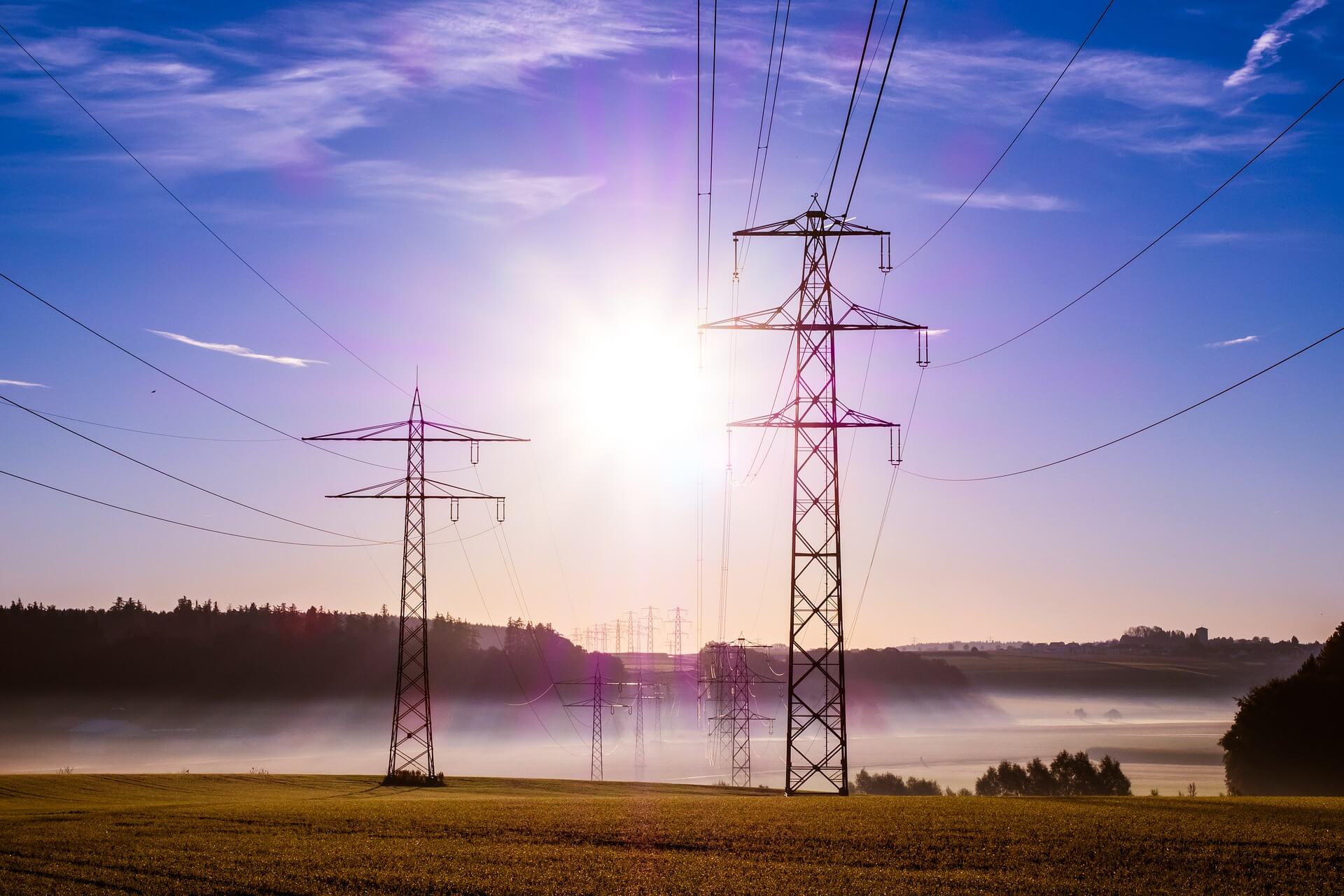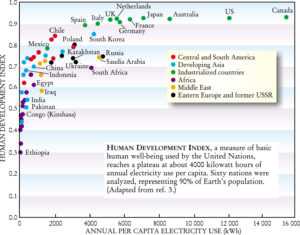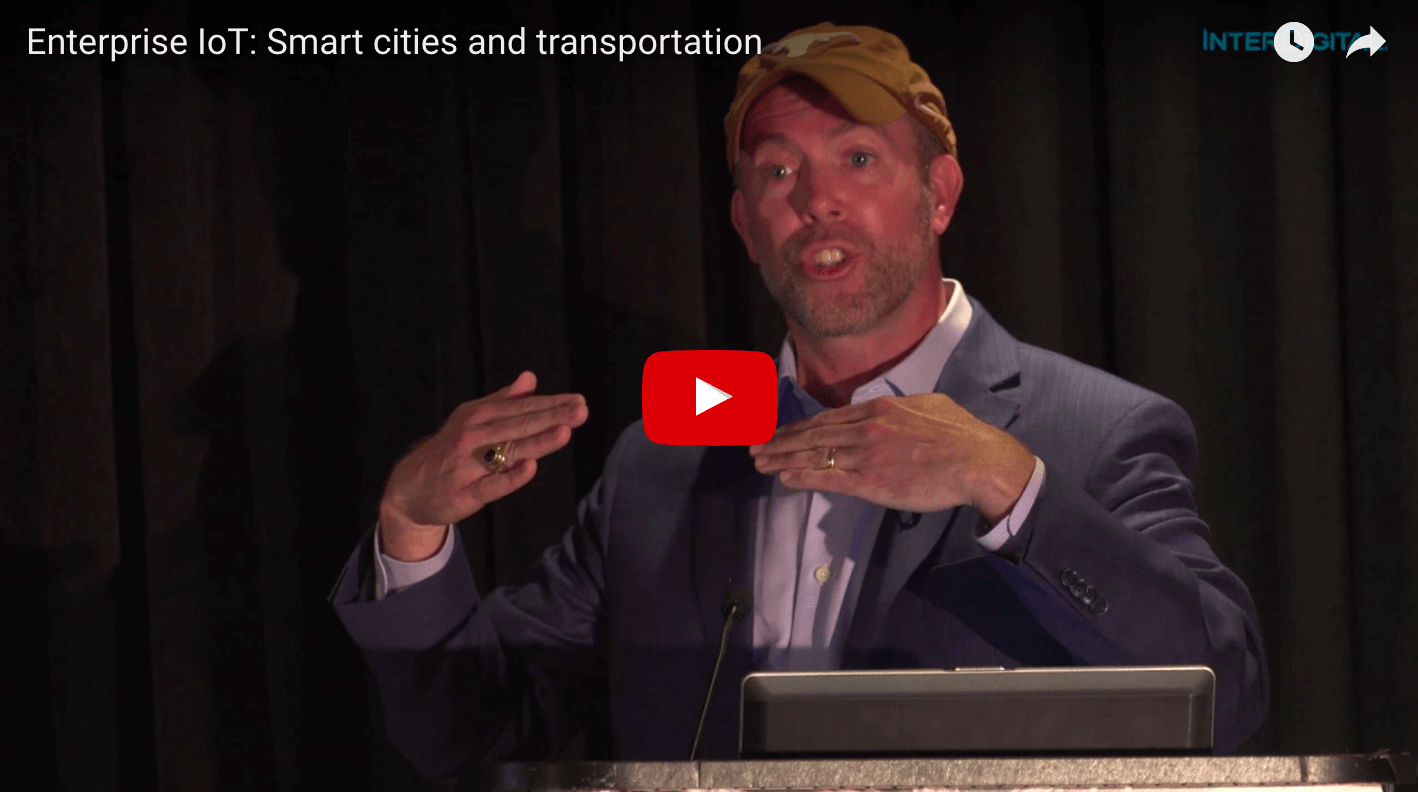Three Important Energy Considerations
Energy is important! Because it is so important, and because the issues surrounding energy are very complex, it is often easy to for conversations on this topic to become confusing and contentious. This is particularly the case when comparing one form of energy generation with another. To some people, certain forms of generation are considered “good” (e.g., renewables) while others are condemned as being “bad” or even “evil” (e.g., fossil fuels). The reality is that all forms of energy generation have attributes and drawbacks and the assessment of good vs. evil usually depends on one’s perspective.
The debate about “goodness” or “badness” of a source of energy can become heated and emotional. Many times, this is because the people engaged in the debate are not considering a proper “energy framework” for the discussion. This unfortunately can lead people to focus on one aspect of an energy source (e.g., carbon-emitting vs. non-carbon-emitting) without considering the full context of the energy discussion. Sadly, this tendency often leads to very unproductive discussions that can resemble religious wars rather than rational conversations about this very important, albeit complicated topic.
Just like energy itself, the creation of an energy framework to support a reasonable discussion on this topic is very complex and will probably never be complete. However, three considerations immediately come to mind. They are:
- The linkage between energy and prosperity
- Energy density
- Energy security
These considerations are straightforward and when applied to the energy discussion can help to add clarity.
Energy and Prosperity
The first consideration is the linkage between energy and prosperity. This concept was developed in the late 1990s when the United Nations started to collect and analyze data to create the Human Development Index (HDI). This index was created to assess the well-being of one country’s population compared to other countries and the world. The index consists of three dimensions:
- Life expectancy at birth
- Mean years of schooling and expected years of schooling
- Gross net income per capita
With this information about the world, it was not long before researchers started to compare a country’s HDI to a measure of its energy consumption. This resulted in some very interesting visualizations.
Source: The Energy Challenge, Stephen G. Benka. Physics Today 2002 55:4, 38-39. Available here.
The graph shows an interesting correlation between HDI and energy consumption. It is easy to see that countries that are more prosperous per capita also consume more energy per capita. There has been serious debate about the causality. Does prosperity cause more energy consumption or does easy access to energy cause prosperity? The answer is not clear. However, that is not important for the energy discussion framework. The simple fact is that people with a greater HDI consume more energy. That means if a greater HDI is desired, people need to have greater access to energy.
Energy Density
This leads to the next consideration for the energy discussion framework – energy density. The concept is quite simple: The potential energy stored by different types of materials takes up different amounts of space (volume). For example, a lot more energy is stored in a square meter of gasoline than in a square meter of hydrogen. Energy density helps to clarify the fact that all sources of energy are not physically the same.
The concept of energy density was used by Richard Muller in his 2007 book entitled Physics for Future Presidents. Muller’s book is based on a very popular course he taught at the University of California at Berkeley. He designed the course to be taken by political science majors to help them understand that, unlike the laws passed by Congress, the laws of physics are immutable and consistent.
Appreciating energy density is important for the energy discussion framework because it helps to define a practical “apples to apples” comparison between different sources of energy. No matter how much somebody wants to espouse the “goodness” of one source of energy, there is a reality that certain materials of a certain energy density will require a certain amount of physical volume.
These physical attributes of energy sources will affect the availability of an energy source so that it can be used to improve human prosperity. This is one of the reasons that Bill Gates is interested in nuclear energy. It has a very high energy density and thus a very small volume can improve the prosperity of a lot of people. Of course, the downside is that because of its high energy density, nuclear energy can be dangerous if not handled properly.
Energy Security
Finally, a third important consideration for the energy discussion framework is the idea of energy security. This term has gained quite a bit of popularity over the last few years. However, there is a common understanding of what the term implies, and this can lead to miscommunications and unnecessary conflicts. For the purposes of our energy discussion framework, the term “energy security” should be considered in three dimensions concerning how energy impacts:
- National security
- Economic security
- Environmental security
The first dimension means that countries should not have to fight wars to access energy sources or to protect the transportation routes to those sources. The second dimension considers the impact of energy on the economic security of a country. Countries need to have access to affordable and stable prices for energy. Finally, the third dimension of energy security considers the fact that countries should not ruin the world’s environment in their pursuit to obtain or use energy.
As noted above, the topic of energy is a very complicated and sometimes controversial one. Everybody seems to have an opinion about the “goodness” or “badness” of a particular source of energy, and this can quickly hurt the energy conversation. This does not mean that people’s energy opinions are wrong or inappropriate. However, to make conversations more productive, they should be held in the context of a commonly understood framework. Key elements of this framework should include a clear understanding of:
- Energy’s impact on prosperity
- The physical fact that different types of energy have different energy densities
- The meaning of energy security and its dimensions of national security, economic security, and environmental security
Source: BP
Join the Catalyst Monitor
Join our community, where we push out regular insights to help maintain situational awareness on technological and socioeconomic trends.




